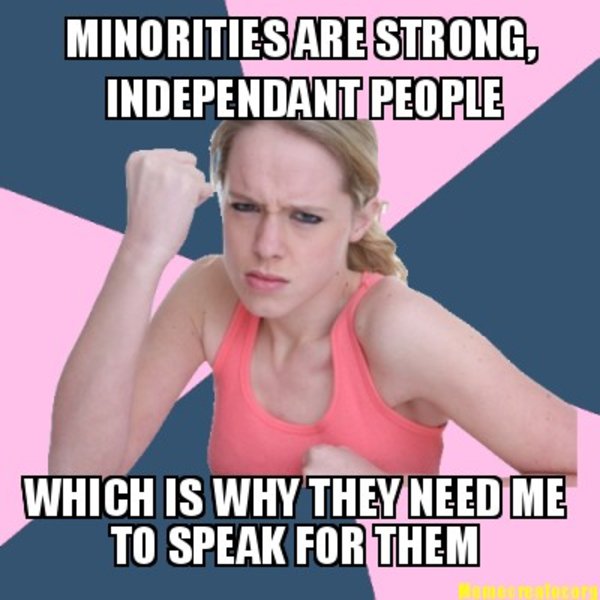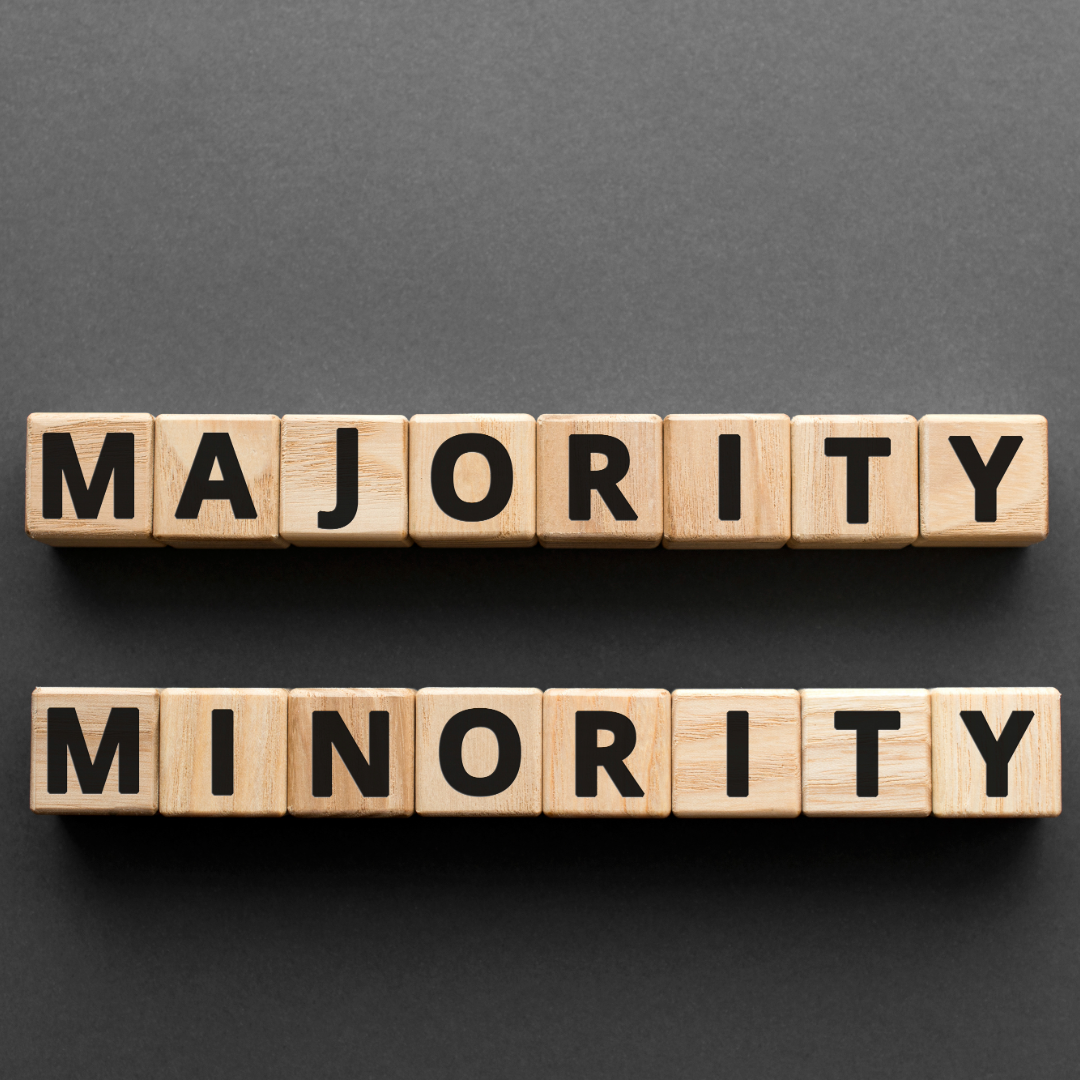BASED vs WOKE : what's the difference?
Share
In this article Brought to you by Based Dynamics we will explore the ideologies of being "woke" and "based" in this insightful comparison. Wokeness emphasizes social fairness, spotlighting injustices faced by marginalized groups, but sometimes focuses more on appearances than substantive change. Based thinking prioritizes personal integrity, achievement, and long-term growth, valuing merit over background. This blog delves into both perspectives, their strengths and weaknesses, and their impact on society. If you are interested in more topics like this check out our Blog
The Woke Ideology
Understanding Wokeness
Wokeness is about knowing and caring about social problems, like some people being treated unfairly because of their race, gender, or who they love. It's about seeing that some have it easier and trying to change that. Woke people fight for fairness and shine a light on problems that often don’t get noticed. Still, some say being woke is more about looking good than actually fixing issues. Wokeness also means using words that include everyone.

Weaknesses in Woke Culture
Woke culture wants to be about fairness and bringing people together, but it can sometimes push people apart. For example, "cancel culture" is when people get shut out because they think differently, which can stop honest talks. Woke culture may focus too much on our differences instead of what brings us together, making it hard to have real talks about tough social issues.

Woke Ideology's Inconsistencies
Some people argue woke ideology only helps certain groups and leaves out others, which isn’t entirely fair. Also, woke groups might not listen to different opinions, which could lead to better ideas and changes.

The Based Ideology
True Nature of Being Based
Being Based means sticking to what you believe in deeply and being honest. It's about saying what’s on your mind, even if it’s not what everyone else thinks. Based thinking puts doing things above just talking and urges people to trust their own thoughts, improve themselves, and do well. It's focused on real, lasting results, not just looking good for the moment.

Based Ideology's Long-Term Focus
Based thinking is all about the long run and keeping to true values. It means thinking about the future when making decisions and creating habits that’ll help you succeed later. Being Based is about aiming for lasting growth for yourself and those around you.

Emphasizing Merit in Based Thinking
Based thinking is big on merit—earning respect for what you do, not your background. Based believers think real fairness happens when everyone gets to work hard and show what they can do. It’s about letting people’s skills speak for themselves, setting up a fairer society for all.

Woke vs Based: A Comparison
Key Ideological Differences
The big split between woke and Based views is that woke cares a lot about actions that show well, like word choices or symbols, but maybe not real lasting changes. Based thinking is about personal growth and giving in ways that keep making a difference.

Who Benefits More?
Woke strategies often elevate the visibility and voices of marginalized groups, though it is not always evident if these methods enact wide-reaching improvements. Alternatively, based philosophies champion self-betterment and the celebration of achievements, resonating with a diverse audience. Ultimately, the measure of these ideologies' success lies in their capacity to generate positive outcomes for individuals and the community alike. The Based ideology inherently champions the principles of the majority, cultivating an equitable environment where success is determined by merit and performance.

Striving for Fairness
Social progress is about giving everyone an equal shot. Woke approaches aim to fix injustices by helping certain groups, but this can lead to debates over fairness. Based thinking wants to level the playing field by recognizing people's skills and effort, aiming to benefit everyone. However, some argue it doesn’t fully consider the impact of historical inequalities on present-day chances. Recognizing history's influence is critical, as is respecting and granting everyone freedom, regardless of background. Someone's skin color isn't linked to their intelligence, and assuming so is wrong. The idea that "minorities" need special treatment can be patronizing. Competence shouldn't be judged on race or gender. Based philosophy is all about merit—your success depends on your own performance.

